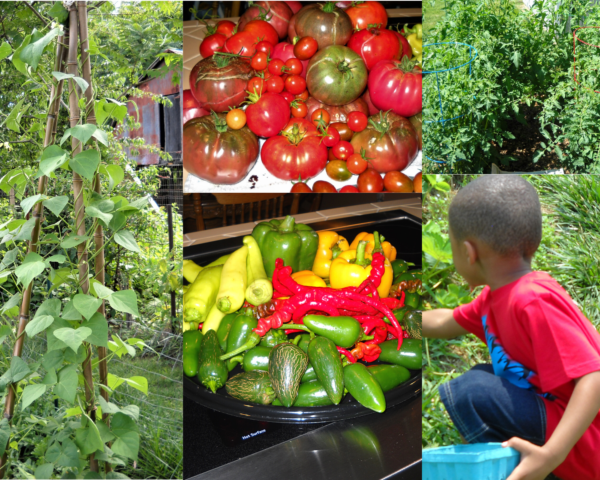Today, I’m sharing tips on how to prepare kids for school. Parents have a huge role to play in the education of their children. So, it is imperative that we make a huge impact on our children before they set foot inside a school.
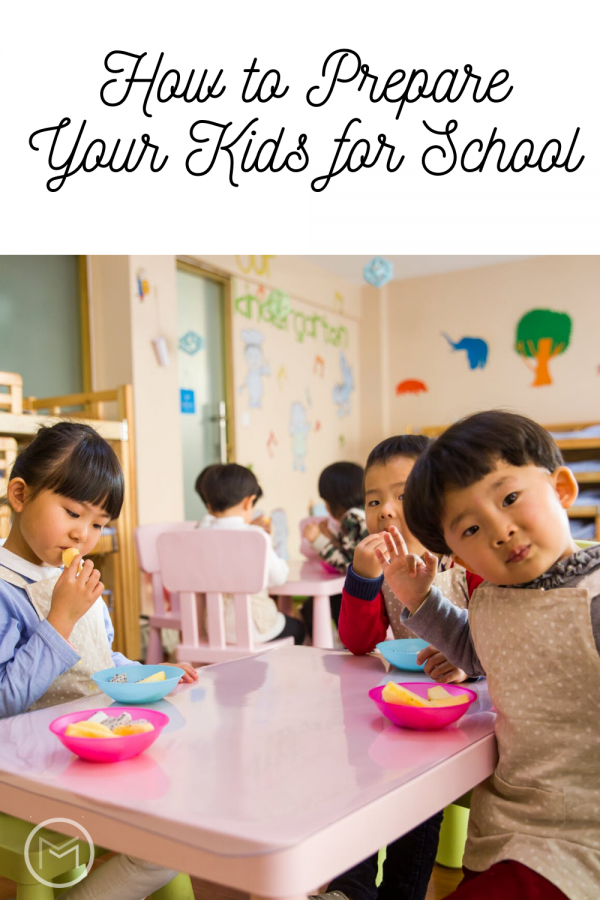
Here’s a few tips on how to prepare kids for school:
Build a Foundation
There are plenty of early childhood education activities you can spend a little time on each day with your child. Give them a head start by practicing their numbers from 1-10. Also, teach them the alphabet, how to write their name, and make sure they learn to have a good grip on the pencil. Teaching these basics will provide a solid foundation for school. When you start ahead of the curve, then it’s easier to stay ahead of the curve.
Read to Your Kids Daily
The benefits of reading to your child are too numerous to count. But, two of the most important benefits are: it helps your kids to read better and promotes better communication. Furthermore, reading to them daily promotes a longer attention span and teaches them to read independently. Most importantly, reading at a young age tends to lead to a love of reading as they grow up. This passion will have numerous benefits throughout their life.
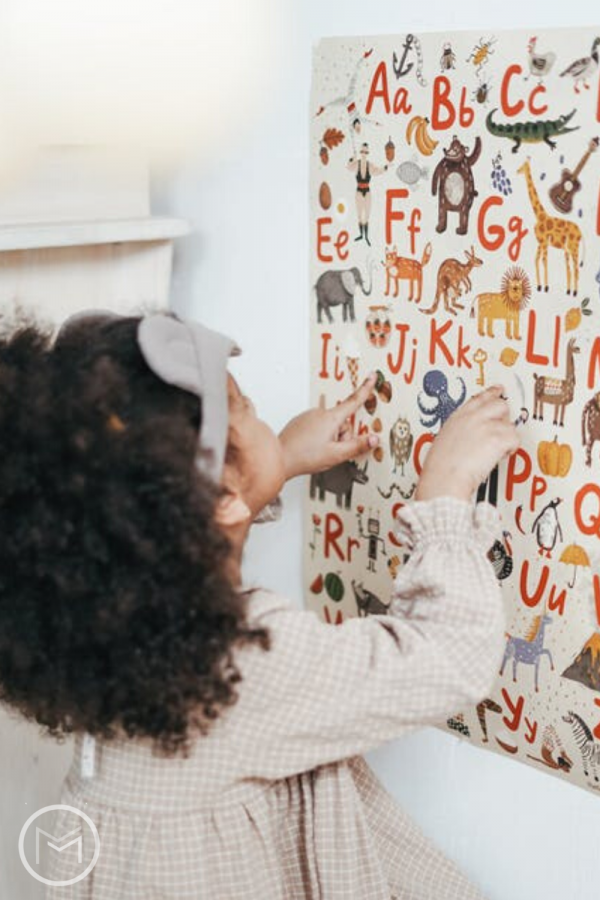
Practice for the Real Thing
The experience of going to school for the first time can be a little traumatic for children. For many of them, the break to their daily life and the shift away from mom and dad can be quite a shock. Daycare and preschool have been shown to help tremendously. They are a great way to help with socialization and providing a solid foundation in their most formative years. Additionally, Day Care and Preschool helps kids get used to the school environment before the real thing. It’s certainly worth enrolling your child in one if you can.
Establish a Educational Routine
Kids can get used to the idea of school whether they’re in daycare or you’re teaching them at home. For instance, packing their schoolbag and unpacking it at the start and end of the day. Get creative and help your children find a routine before heading to school. When they enter kindergarten, they will be prepared.
Be Active in Their Education
It’s not only the child who has to navigate new relationships, you must do the same. Establish a good relationship with their teacher. For instance, you might want to consider joining their PTA.
Taking the time to prepare your child for school socially, emotionally and otherwise. Preparing your kids for school will help them have a great first year. Ensuring they have a great school year will influence how they do the year after.



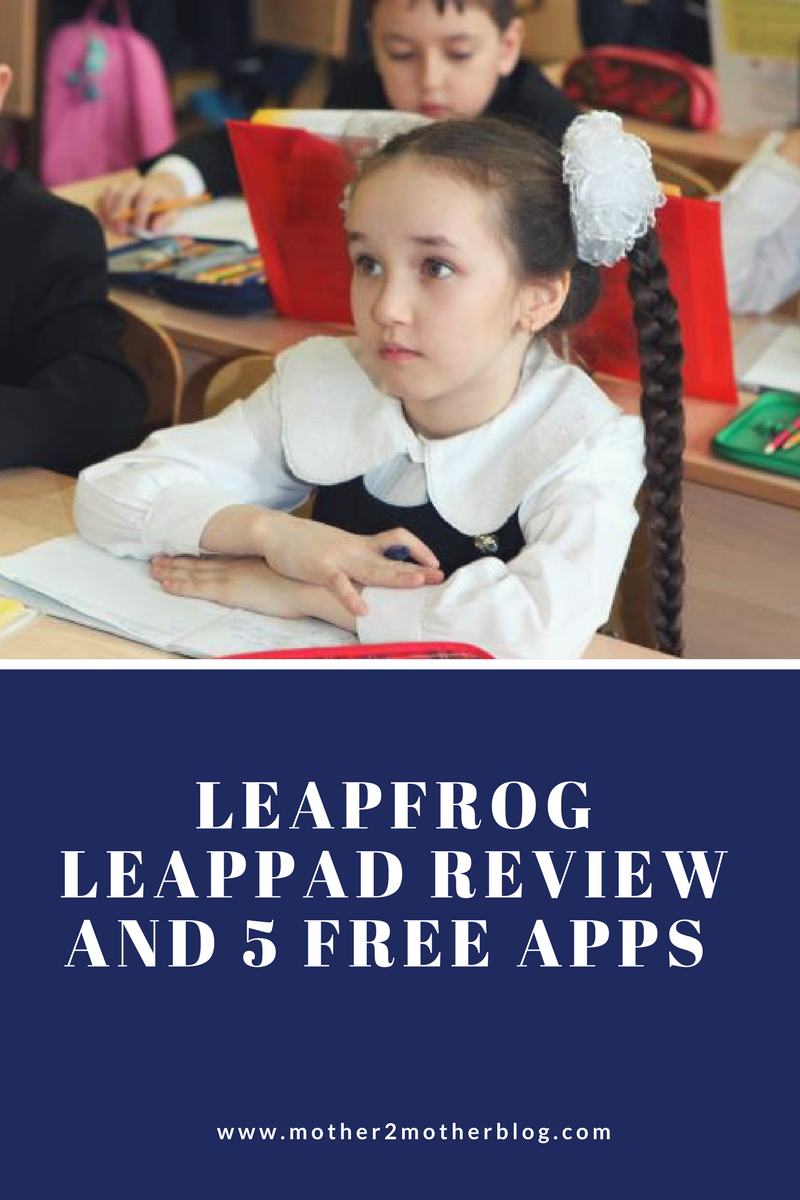
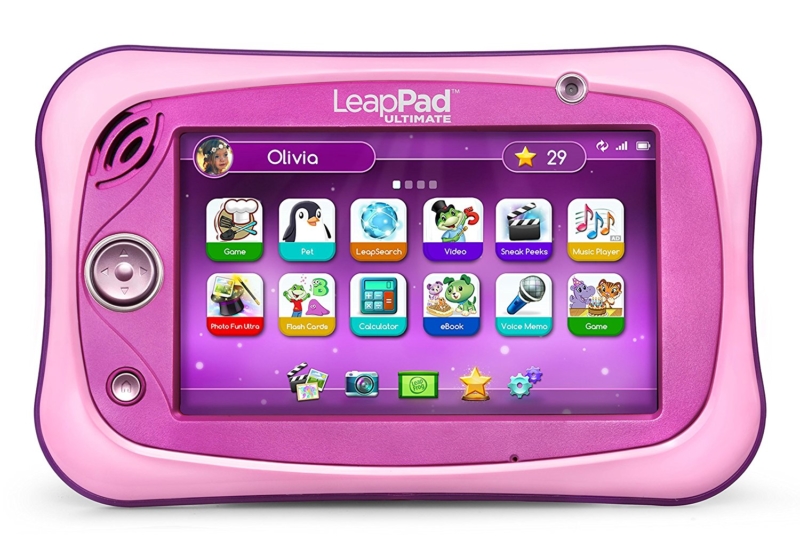
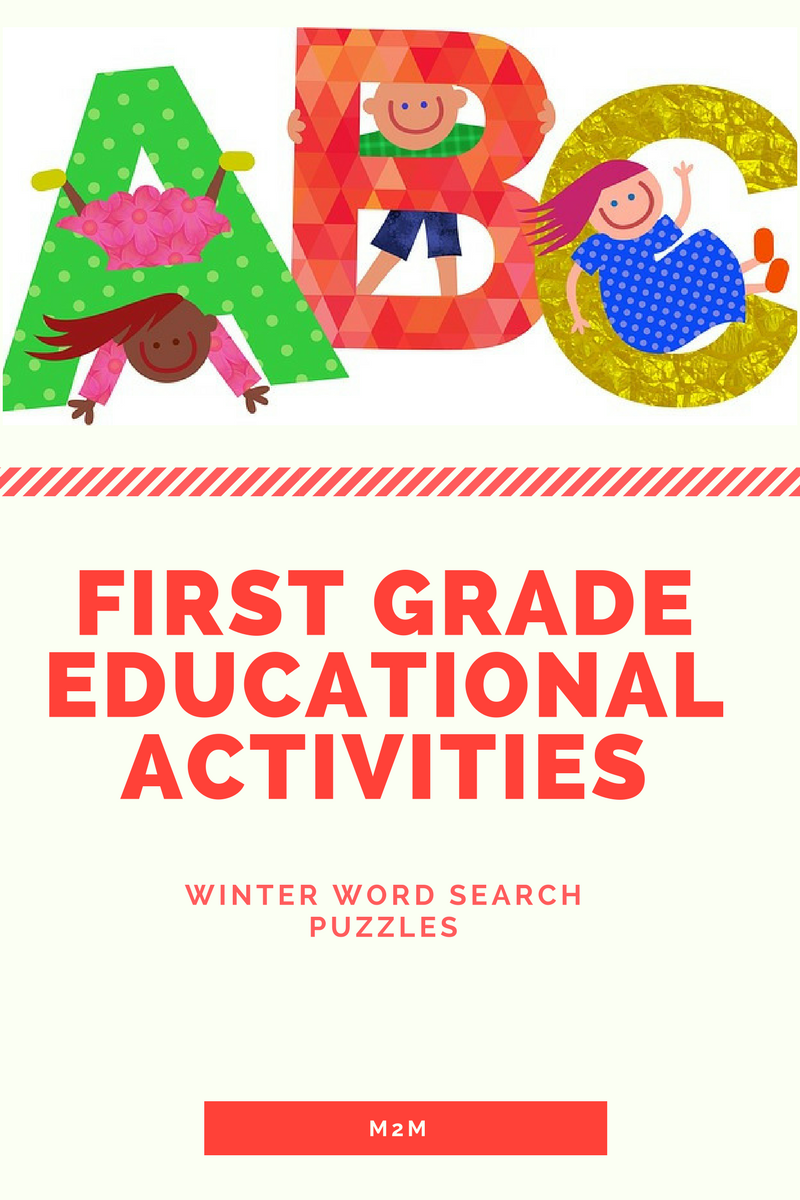

 You can download the winter word search puzzles
You can download the winter word search puzzles 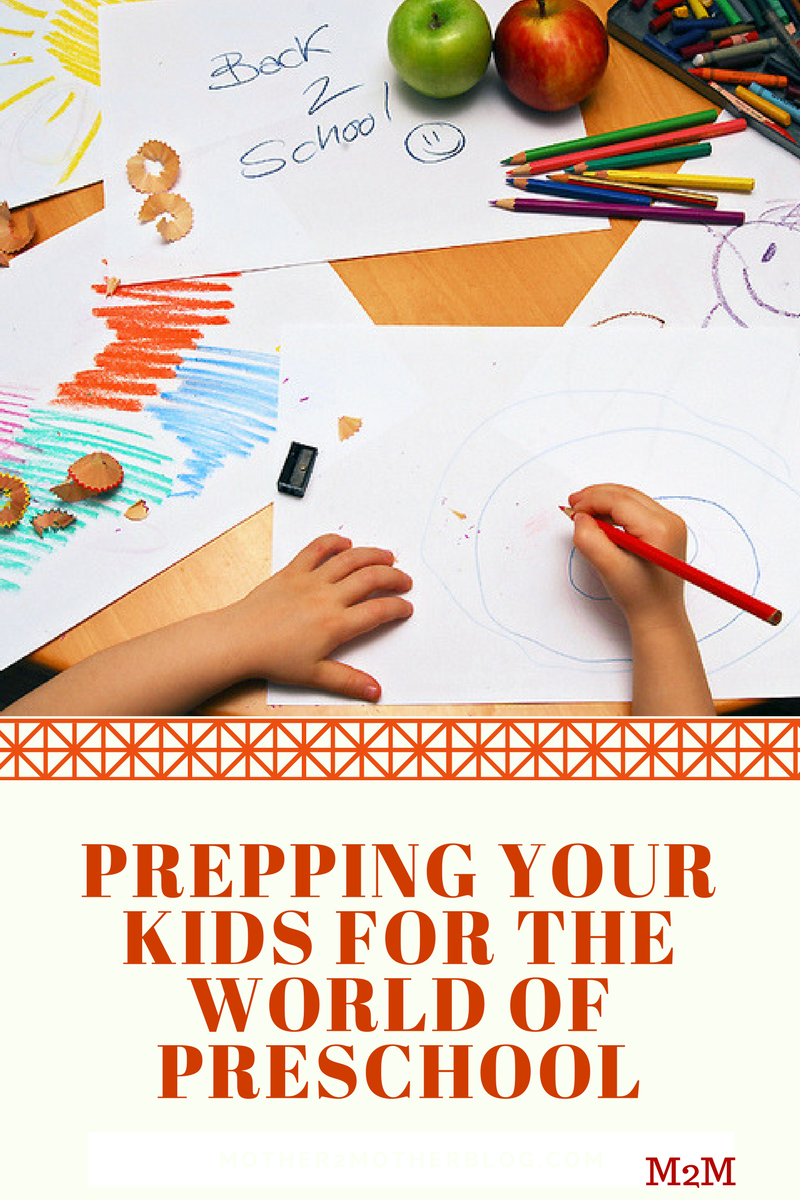
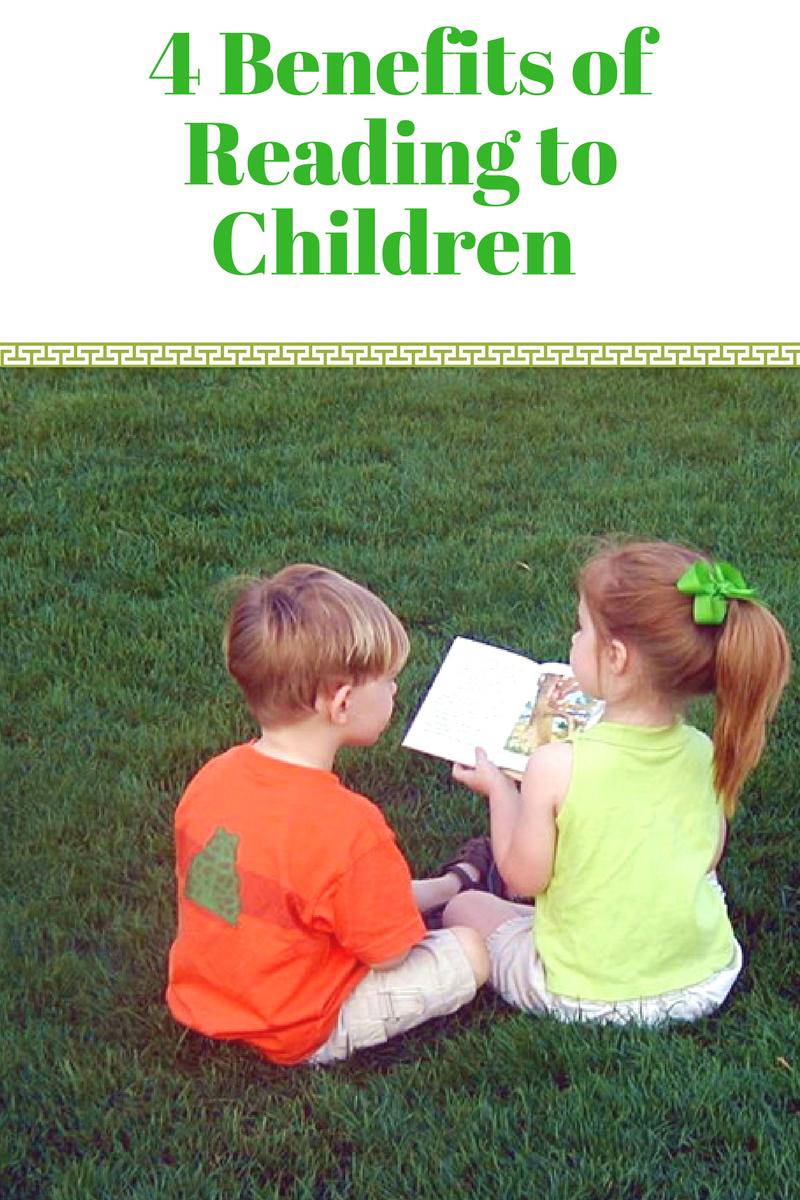
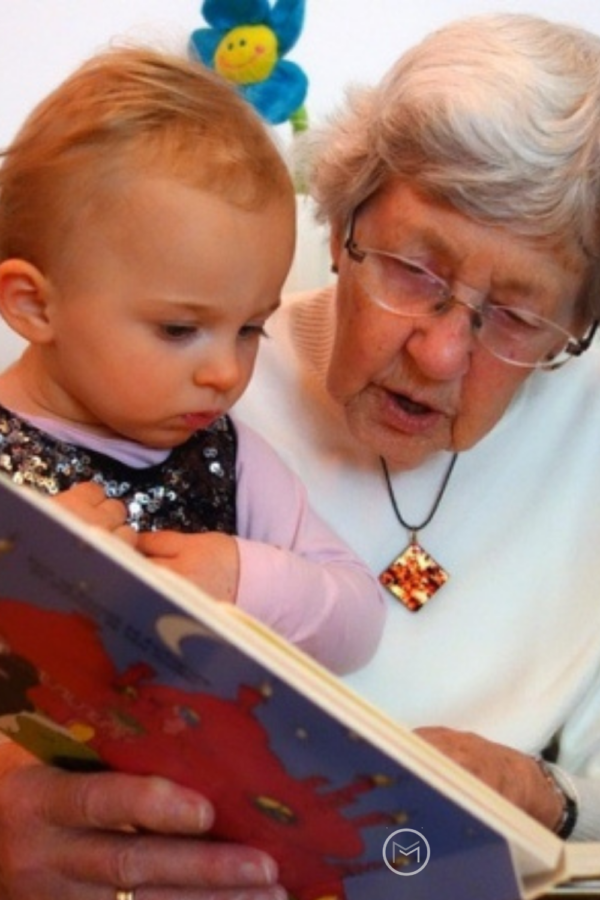

 Jessica Freeman is passionate about teaching and journalism. She finds her calling in making others interested in topics of education, children upbringing, and academic developments. You can follow her on
Jessica Freeman is passionate about teaching and journalism. She finds her calling in making others interested in topics of education, children upbringing, and academic developments. You can follow her on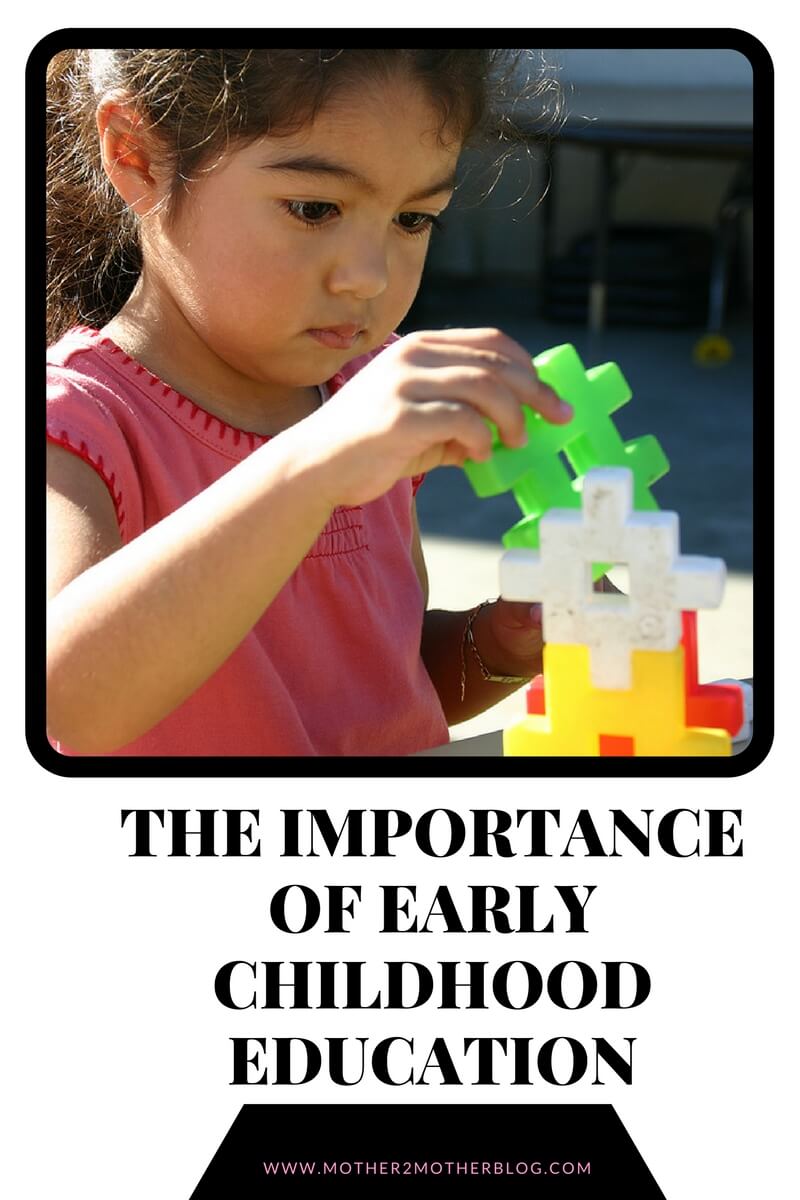
 Diana Smith is a full time mom of two beautiful girls simply in love with interior design and DIY projects. In her free time she enjoys exercising and preparing healthy meals for her family.
Diana Smith is a full time mom of two beautiful girls simply in love with interior design and DIY projects. In her free time she enjoys exercising and preparing healthy meals for her family.

